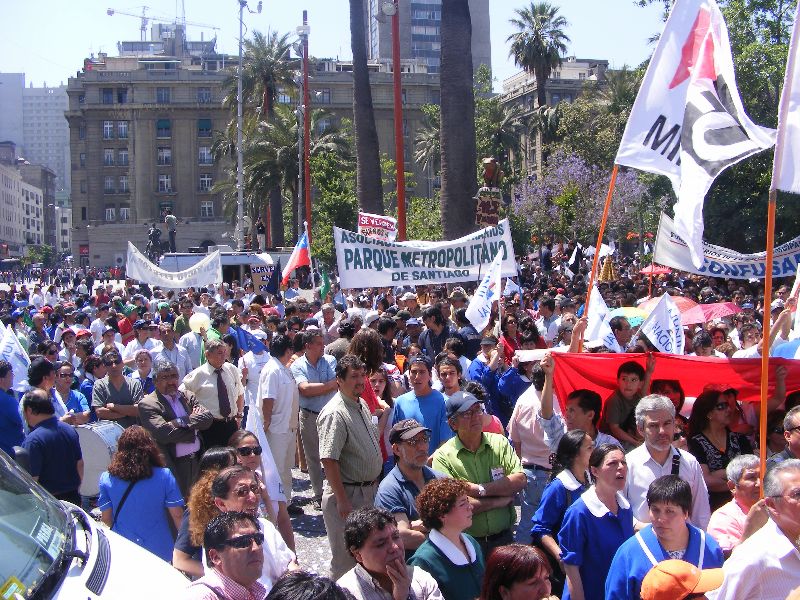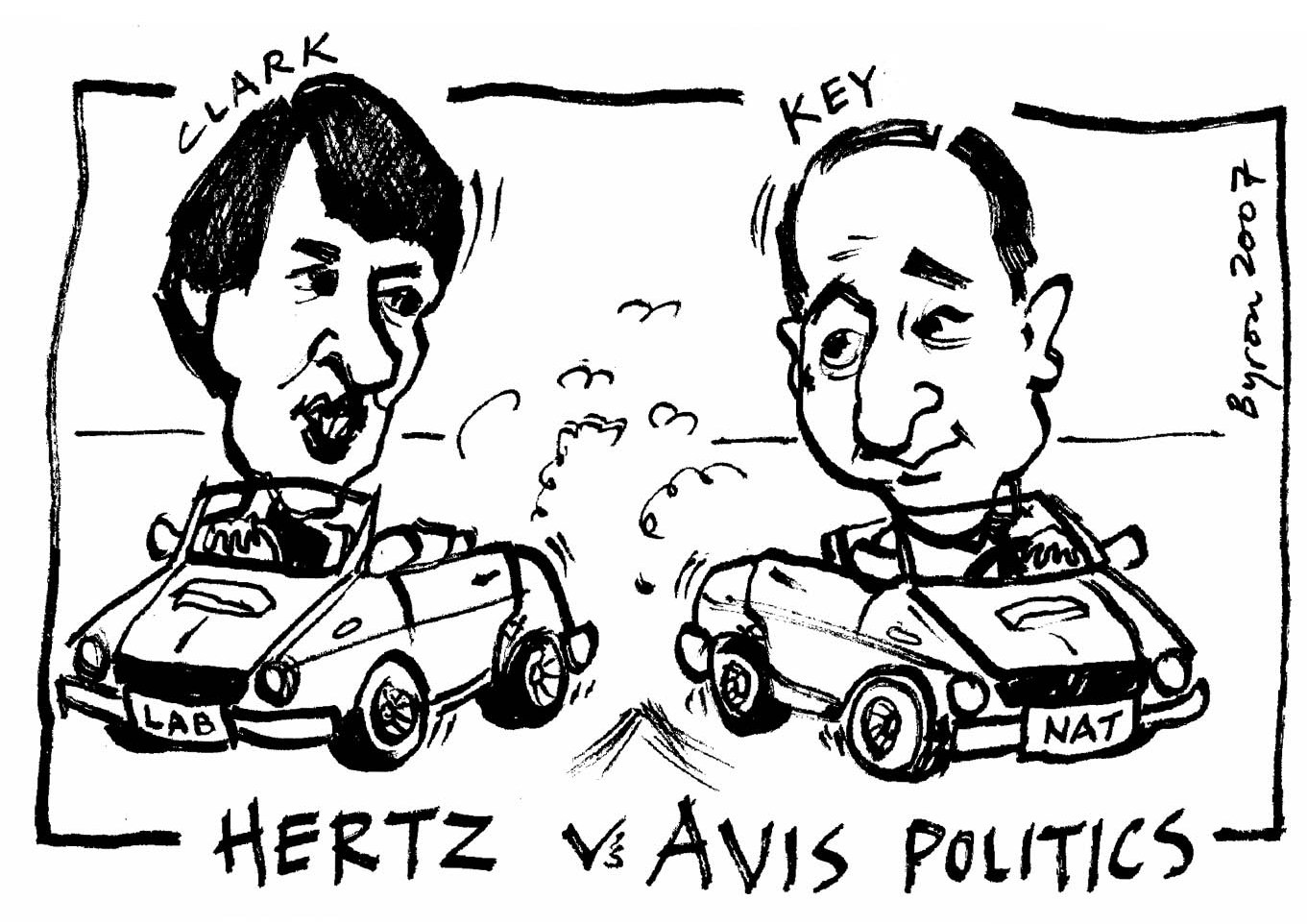– Don Franks
Before the election, NZCTU President Helen Kelly had much to say about the two main parties. On April 13th she told the Labour Party Congress:
“Working people have been given the chance to get back on their feet with this government. This is not just because of good policies. It is because we have a Government made up of people who care about workers, who understand the difficulties they face, and who try to make things better.”
Kelly was not quite – absolutely obsequious in her praise of Labour, adding:
“Of course this does not mean that we live in paradise! There is more to do. And workers are really feeling the pinch at the moment with high food prices, rising petrol costs and high rents and mortgage payments.”
Then, even this mild admonition was hastily qualified into nothingness, with the soothing:
“So we need more change and with the continuation of a Labour led government we know that will happen. Labour is the Government with a proven record of change for the better and we need more of it.”
And, after the vision of heaven the warning of hell:
“We have seen National’s industrial relations policy and it is dramatic and will have a major negative impact on working people.”
“National’s plans for industrial relations are the same as in 1991”.
Just before I began writing this, I took a look at the NZ Council of Trade unions website, to see if there was any comment on the election result. Still, after two weeks, not a peep. As we supposedly teeter on the brink of another 1991! It would seem that if National’s plans for industrial relations are really the same as in 1991, so too are the plans of the CTU. Determined inertia. Remember when the top leaders refused to take up calls for a general strike to defeat National’s Employment Contracts Act?
If National is poised for launching a major negative impact on working people, wouldn’t it be the task of union leaders to start rallying and mobilising opposition from day one?
Continue reading “Silence of the Lambs”





